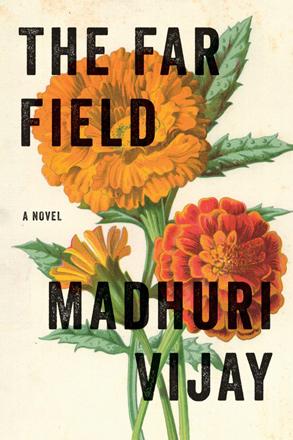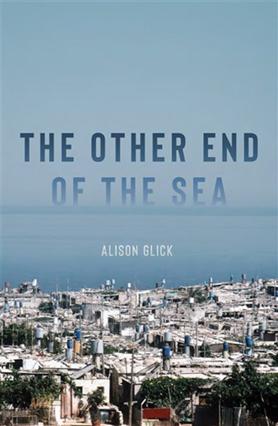The Lowland
Jhumpa Lahiri
New York: Alfred A. Knopf, 2013, $27.95 (hardback)
P.p 340
In her latest novel, Jhumpa Lahiri takes a giant leap in terms of scope and subject matter, while retaining the elegant immediacy of her prose. Her previous fiction focuses on how Indian immigrants to the US adapt and recreate their culture, and the gaps arising between the first and second generations. The immigrant experience and multiple identities is also very much present in “The Lowland”, but India itself—its history, terrain and traditions — looms much larger than it did in “The Interpreter of Maladies”, “The Namesake” or “Unaccustomed Earth”.
Politics intervene with a vengeance in “The Lowlands” without at all lessening the perceptive rendering of the personal sphere, which is Lahiri’s trademark. With a few well-chosen words, she reveals her characters’ emotional states and pinpoints interpersonal dynamics, whether sexual politics, family ties, friendships or casual encounters, but this time the catalyst of the plot is not personal. It is a young man’s political involvement, which marks the lives of four generations of a Bengali family, stretching from Calcutta to Rhode Island (where Lahiri herself was raised).
Two brothers growing up on the outskirts of Calcutta are practically inseparable. Close in age, intelligence and appearance, doing everything together, only their dispositions diverge. While Subhash is hesitant, ever mindful of fulfilling his parents’ expectations, Udayan is more daring, ready to challenge the world, including his parents, who love him nonetheless for it. Attending different universities in the tumultuous 60s, their paths begin to diverge. Subhash pursues his scientific studies seriously, while Udayan immerses himself in politics. This is the time of the Vietnam War and, in India, the Naxalbari revolt erupts to champion the rights of peasants who suffer under the feudal system still in place in rural areas. By the time Subhash applies for graduate studies in the US, Udayan has joined to the Communist Party of India (ML), which draws inspiration from the revolt and from China. Udayan opposes his brother’s going to the US on political grounds, but also because he can’t imagine the separation.
While Subhash is pursuing his Ph.D. in Rhode Island, Udayan’s political choices cost him his life. Nothing is ever the same. Their parents’ lives come to a standstill, their dreams for the future dashed, after having staked all on building a house that would accommodate their sons, anticipated wives and grandchildren. Udayan’s widow, Gaudi, a student pregnant with his child, is numb with grief, unprepared to deal with the consequences. All are haunted by the past, unable to live in the present, unable to envision a future. Only Subhash makes an effort to rebuild the family by marrying Gaudi, taking her to the US where she can continue her studies in philosophy, and standing in for his brother as the father of their child, but things don’t work out as he initially hopes. For the greater part of the novel, it seems to be a tale of a family unraveling. As Subhash puts it, “They were a family of solitaries. They had collided and dispersed.” (p. 262)
Many intriguing themes are woven into this family saga. The most obvious is howpeople react to trauma, what it takes to cope and eventually reconstruct a life or create a new version of one’s self. A little deeper, the plot poses questions about the extent to which we control our own lives, and about definitions of parenthood and family.
“The Lowlands” is an intricately structured novel. Rotating between Calcutta and Rhode Island, with a smattering of California, between the past, present and an imagined future, and between the points-of-view of several characters, it all ties together. No detail is superfluous or random; all tie into the development of the plot or characters. There are many descriptions of nature, which make the novel more real, but they are not there just to provide “local colour”. Rather, they serve to reinforce a character’s frame of mind or internal musings. Time and place are more than setting, assuming meaning as the characters struggle to understand how the past connects to the present and future.
In the end, however, “The Lowland” leaves us with a paradox. The thrust of the plot would seem to condemn the path of revolutionary violence chosen by Udayan, for that is what sends the family into a downward spiral. Yet, the novel is replete with facts that attest to the need for political and social change. Perhaps the point is to make the reader ponder other means of struggling for social justice. “The Lowlands” is available at Books@Cafe and Readers.
















